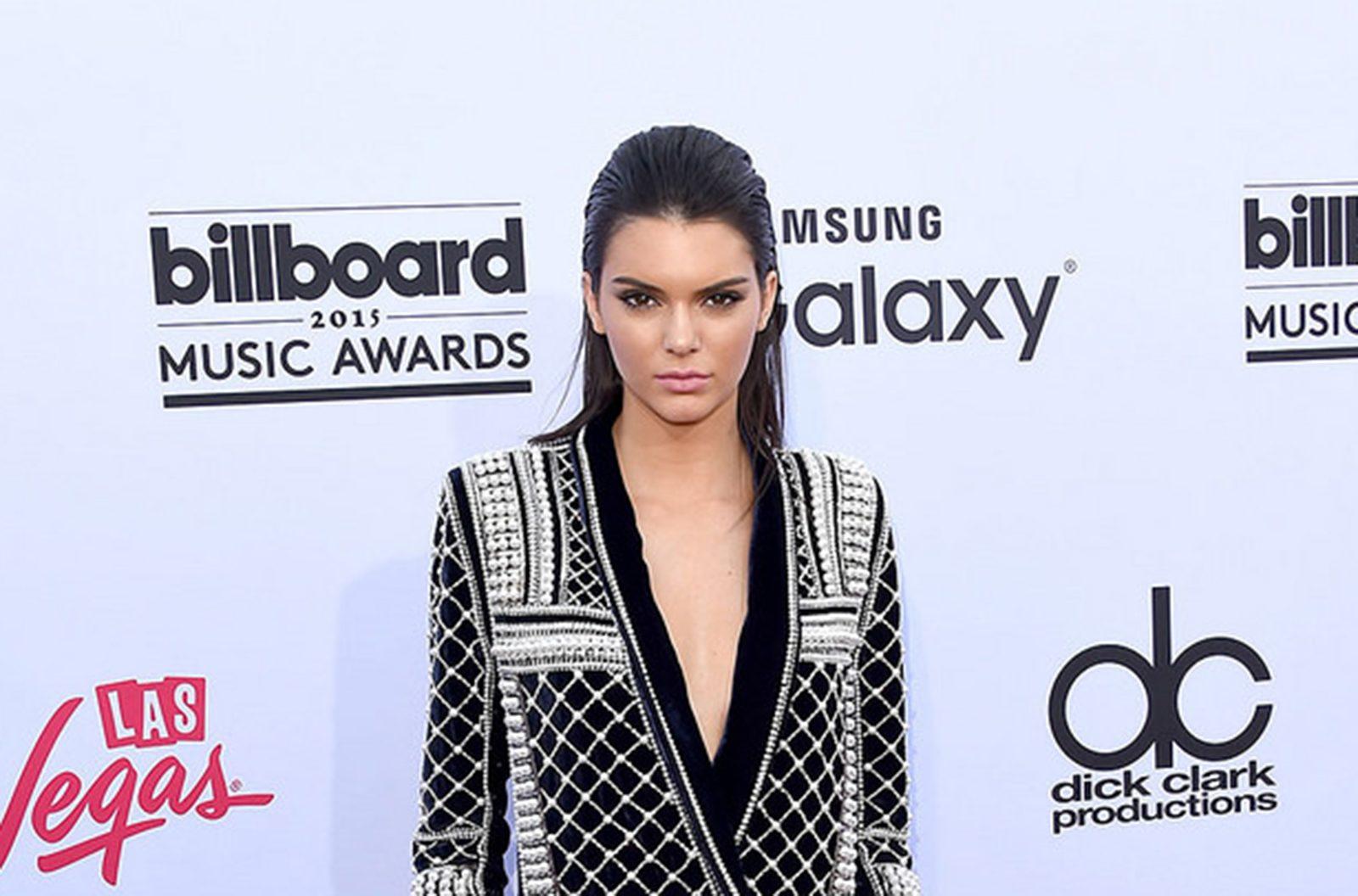For many, our most vivid memories have not been captured on film or in video. They are the intangible moments that haunt us, the ones we have on a never-ending stream in our minds rather than on a screen. Yet, so many aspects of our lives seem to revolve around the prospect of a post or a like. In short, affirmation. This mentality seems to trickle down from the exalted celebrities that haunt our musings. They document their every move, which beseeches us to do the same.
Yet, this is the expected interpretation of stardom in today’s entertainment spheres. Many others are sharply diverging from this ideology to ford a new path through fame’s wildernesses.
Frank Ocean, an infamously elusive and enchanting artist, expertly personifies the sharp turn from constant documentation. After dropping his thought-provoking digital album “Blonde,” Ocean offered zero explanation or promotion for the work. Only on Tuesday, approximately three months after his new release, did Ocean grant The New York Times an interview. In the exposé, Ocean outlined how, after skyrocketing to fame after his critically acclaimed “Channel Orange,” he needed to escape.
“I never thought about it like that,” Ocean said in the interview. “I always thought about it like, if your house is on fire, you need to get out of the house.” It was not a matter of choice but of necessity.
Ocean’s mystique similarly blanketed model Kendall Jenner, following an explanation on “Ellen” Wednesday for leaving Instagram for a “detox.” Jenner, a member of the infamous Kardashian clan, follows the newly set example by her older sister, Kim Kardashian. Both have avoided Instagram, Kim following a traumatic event, but still avoiding.
In today’s media-centric society, our interactions with platforms and their most famous users are borderline obsessive. For some, downloading Tidal on a friend’s phone while at a social event, just to listen to Beyoncé’s latest work, “Lemonade,” is not a step too far. The term “follower” takes on a new meaning in this regard.
In one regard, success can be measured by a star’s reliance on social media. For some, to continue with the Jenner example, simply do not need it. Jenner has the luxury of deleting a major promotional tool for her personal brand with very few ramifications, if any. In fact, one could argue that denying her followers what they want only elevates her status.
It’s a simple case of supply and demand. When Jenner, or Ocean, or even Beyoncé, staunch the flow of images or substantive content, the supply is limited. Therefore, demand will inevitably increase in the short run. Questions of what they could be doing swirl, as we develop our own ideas. The long-term response is telling of the celebrity star power and longevity of the personal brand.
In Ocean’s case, this has been effective. His work speaks for itself. But what of Jenner and of her arguably less talented older sisters? If Kourtney Kardashian were to eliminate social media entirely, what would come of her revenue stream?
To complicate things further, this family alone has revolutionized the idea of celebrity status, calling into question what it means to be famous. Without a product or achievement of any kind, what determines fame?
A move away from social media, or a shunning of it entirely, is seen to many as a show of confidence. Too often is social media equated with success in various realms. Ocean and Jenner allow their talents to speak for themselves by eliminating further content for fans. An individual who posts multiple selfies, day after day, only seeks affirmation. Ocean and Jenner already have that affirmation.
So, perhaps it would be wise for us all to take some advice from the ever-sage Kanye West, and eliminate our phones so we “can have air to create.”
I got rid of my phone so I can have air to create
— KANYE WEST (@kanyewest) September 14, 2016

















































































































